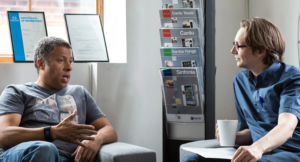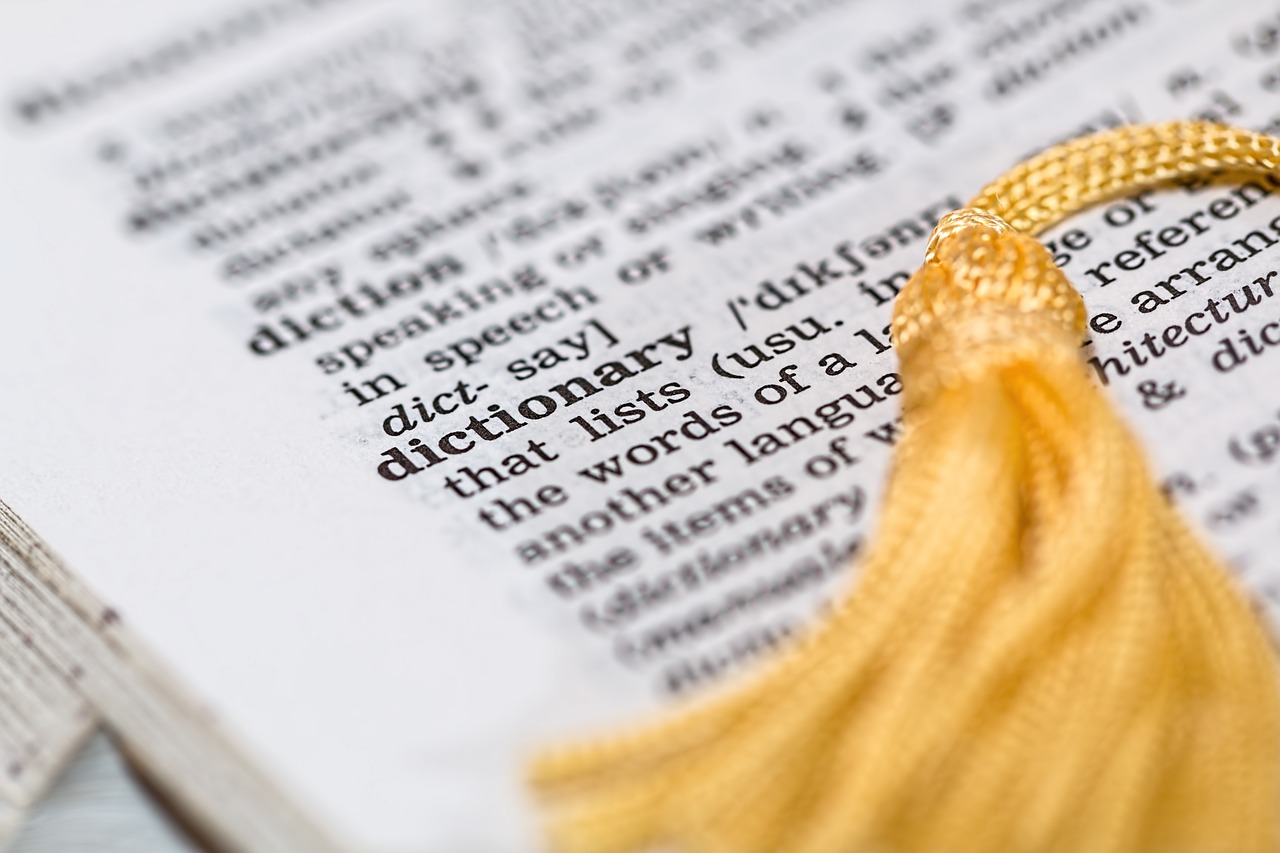Every person talks, shares his or her insights, listens, and asks questions. In other words, all this is mediated. Part of this responsibility at the title of the work is to encourage diligent listening and build a better commitment. Every individual needs to communicate better to build better social harmony. Sometimes, if you are in a new place, you also need to improve your vocabulary and learn their body gestures to understand people in that new place. However, there are still more things that you can do to improve your communication skills. Here are five strategies to improve your communication skills.

Learn How to Understand Non-Verbal Communication
Body language is just one of the keys to non-verbal communication that you want to improve. You are what you do and how you behave. Start paying attention to what you do with your body language when you talk to someone. Pay attention to what others do when they talk to you. I am sure this has happened to most people, and some of you may do it without realizing it, but I cannot tell you how many times I am in contact with people who do not look at me after talking to them.
However, I cannot tell you how many times I contact people who do not look at me after talking to them. As individuals, we do it. When someone reflects your body language, it is a really good indication that that person is enjoying what you say and feels connected to you! Another great part of body language is listening to what your hands are saying.
Find Resources that Helps Your Emotional Development
Creating your personal psychological development can occasionally be a challenge. But people with excellent communication skills help them to react to all circumstances. It is important to understand them so that you can communicate with different people. You need to be self-aware. Evaluate your strengths and weaknesses in terms of communication. Deciding which stations you are weak in will perfectly guide you to improve them.
Find out what tools and aids can help you. For example, once you know that you are not very good at presentations, you can expand your skills by studying and practicing strong practices. Some programs and applications could help you manage your nervousness and emotions in difficult times. Some companies provide their employees with meditation and stress reduction software to ensure that their feelings and actions are handled correctly.
Improve Your Listening Skills
Great communication cannot succeed without the ability to listen. If you are in dialogue with a person and cannot hear and react, the communication process is interrupted. This is the main reason why active listening is a very important part of the communication process. Active listening is a technique in which people use verbal and non-verbal communication strategies to become better listeners.
Make Eye Contact Properly
 It may sound simple, but it is one of the most important variables that most people ignore. When communicating, for example, you have a dialogue with a person, make sure you have eye contact with the person you are talking about. This way, you can assure the person that you are caring and consider what they are talking about. Eye contact is an essential element of non-verbal communication as it helps to improve your communication skills.
It may sound simple, but it is one of the most important variables that most people ignore. When communicating, for example, you have a dialogue with a person, make sure you have eye contact with the person you are talking about. This way, you can assure the person that you are caring and consider what they are talking about. Eye contact is an essential element of non-verbal communication as it helps to improve your communication skills.
Ask Questions When Necessary
In the workplace, you and your ideas must be understood. Not asking questions when you want clarification is like leaving the battle without trying to win the war. In written communications, there is likely to be follow-up action.
Conclusion
Communication is about listening and talking, asking and answering questions, and asking questions when necessary. It is always critical to ensure that great communication is fostered among staff throughout the organization. Learn how to improve your communication skills and start having a strong impact on achieving your organization’s goals.…



 See a page of the dictionary every day and be certain you know the importance – which will prevent humiliation later on out of misusing phrases or words. If they can assist, you can try this on the net or ask a friend or colleague if there’s anything you are unsure of when it comes to using phrases. Keep may be used in several distinct contexts.
See a page of the dictionary every day and be certain you know the importance – which will prevent humiliation later on out of misusing phrases or words. If they can assist, you can try this on the net or ask a friend or colleague if there’s anything you are unsure of when it comes to using phrases. Keep may be used in several distinct contexts.